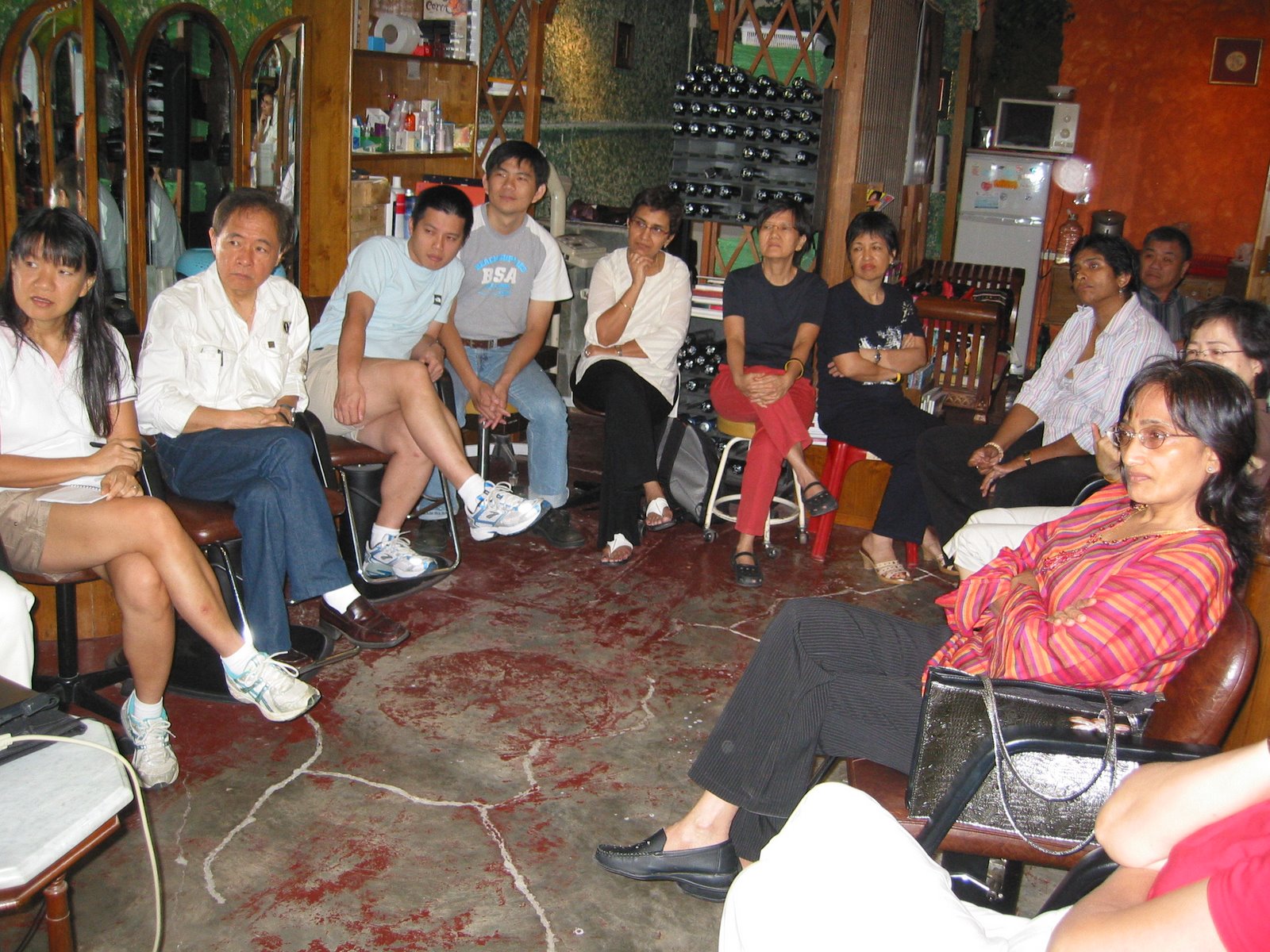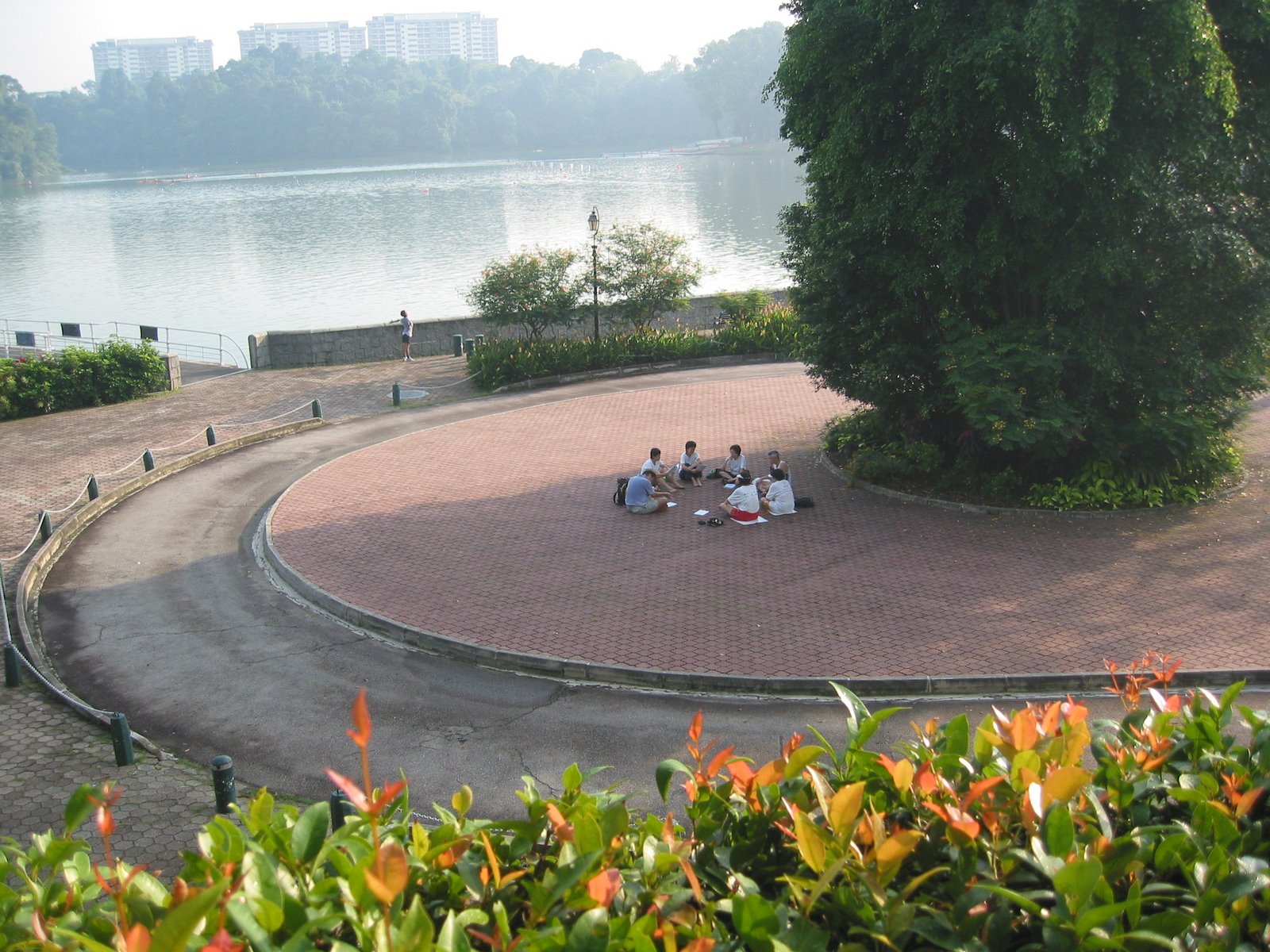
Date: 21st April 2009
Time: 7.30pm
Place: The Buddhist Library, Singapore
Speaker: Mr Joe Lim, from the Singapore Environment Council (A non-government charity)
.
Mr Lim started by saying that for the Dhamma and the Environment, the hardest part is the practice. So here tonight, we are here to influence more people and like the Dhamma, to convert it into practice.
.
Is climate change all doom and gloom?
Young people feels that it is unfair as they did not destroy the climate.
If everyone does something (to protect the environment against destruction), then it will not be doom and gloom.
.
The Rich are more wasteful. The following is some comparison:
Waste in OECD = 3 x that in China = 10x that in India = 100x that in Africa
.
At that rate, we will need a second earth by 2030.
The wastes in Singapore is also quite high. This could be attributed to its industries like the seaport and the oil refineries.
.
It is the first time in history that there are more people living in cities. Cities occupy 3% of land, but 75% of energy.
.
A video called "The Story of Stuff" was screened:
.
.
.
The Dhammapada has aspects related to the environment. There is a whole chapter related to flowers. In one, it mentioned a flower with no fragance - which means words that sounds beautiful but do not result in practice.
.
In the Uposatha sutta (UD5.5), it describes the ocean beautifully. For details, read here
.
My comments:
The linear production consumer system can be made cyclical, as illustrated in the last part of the video. Then we can achieve:
1. Sustainability.
2. Equity
3. Green chemistry
4. Zero waste
5. Closed looped production
6. Renewable energies
7. Local living economies.
.
The good news is that there are already technologies that are able to take mixed waste, treat them and separate them automatically for reuse, with the remaining organic wastes used to generate electricity. Therefore, the issue of the green revolution is not the technology, but about 'political will'.
.
Unfortunately, politicians in many countries, particularly developing countries, like to see their investments paying back within their term of office, so that it can benefit them. This term is usually a period of five years. Hence green technologies are not implemented because decisions are made for the short term. If decisions are made for the long term, then after say 7 or 10 years, recyclables will be recovered and reused, and electricity will be generated free.
.
.jpg)












1 comment:
Wow. Didn't know it exist in Sg.
Post a Comment